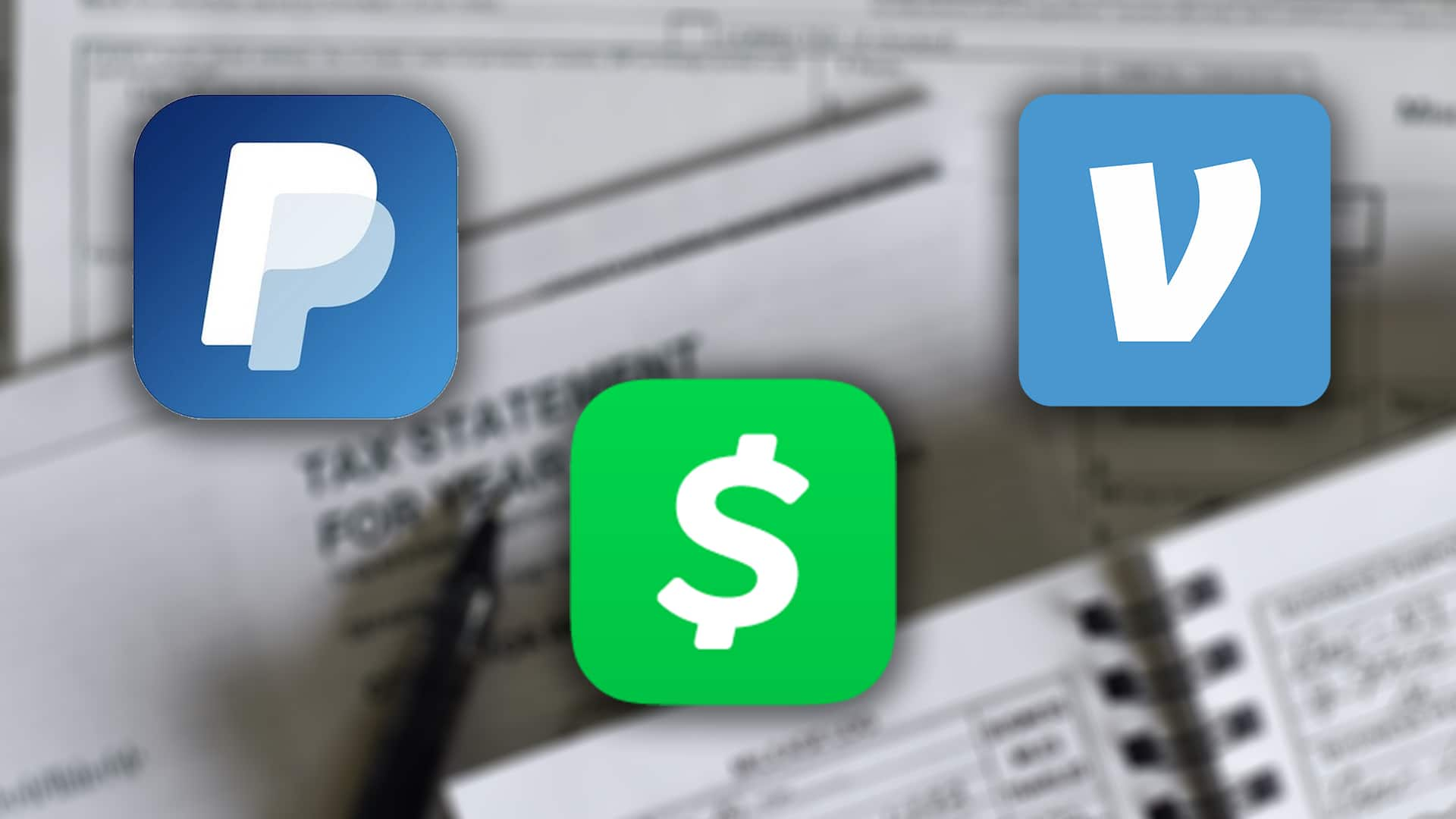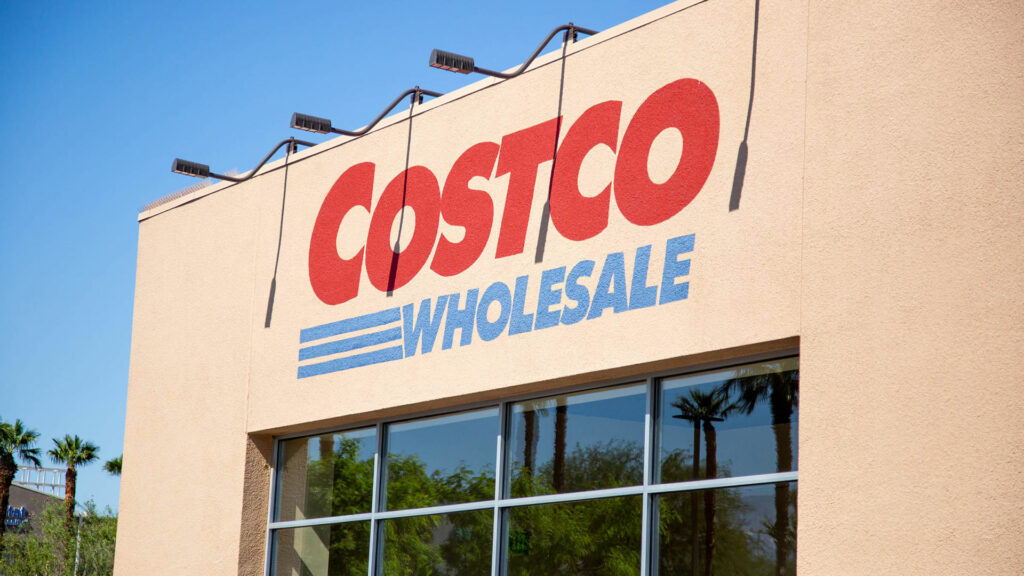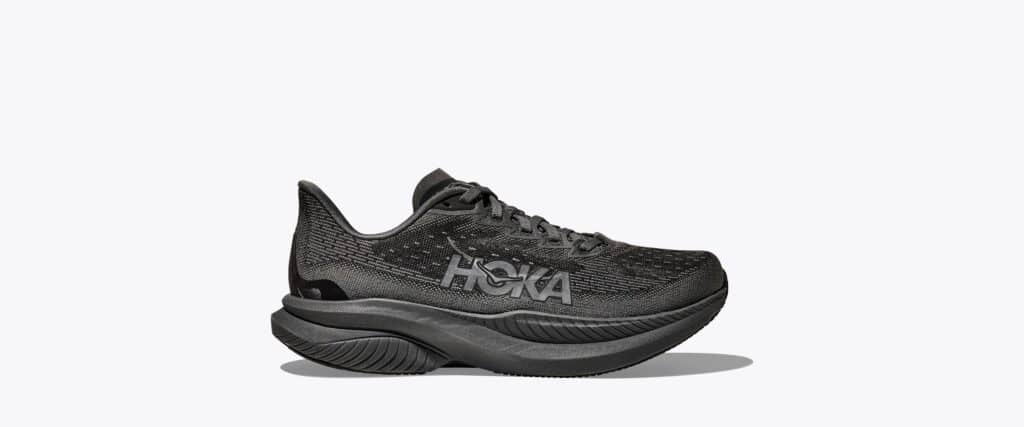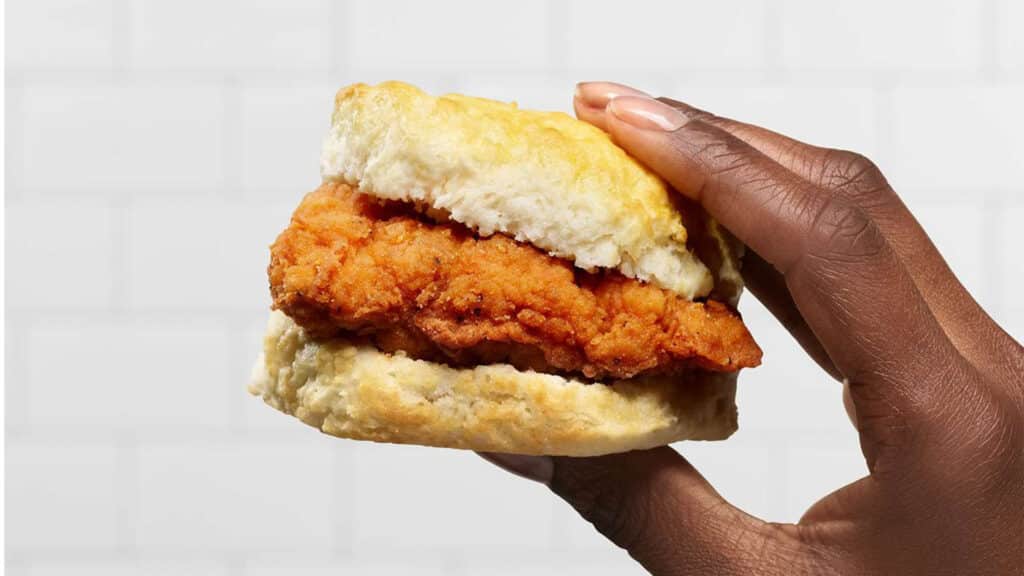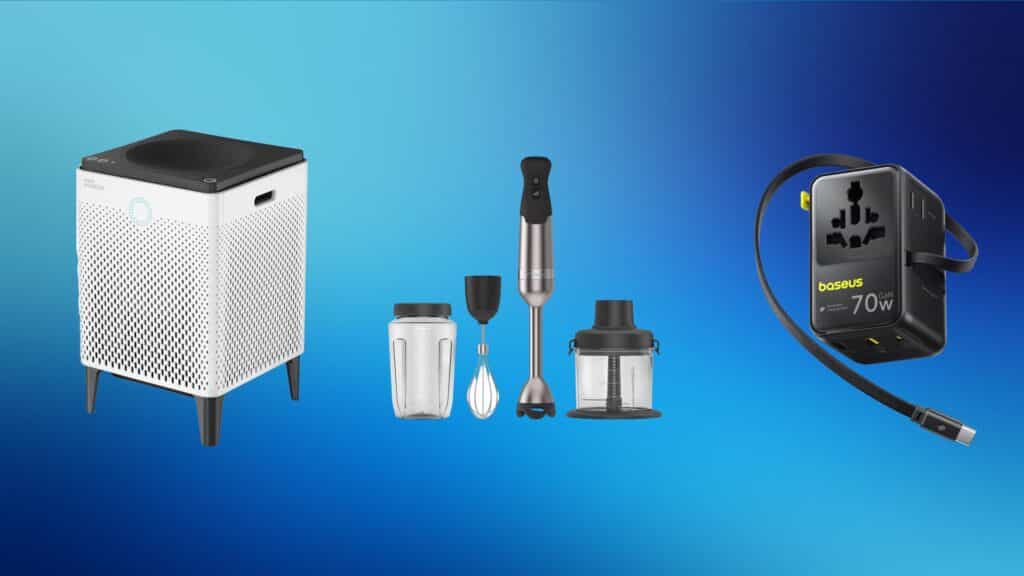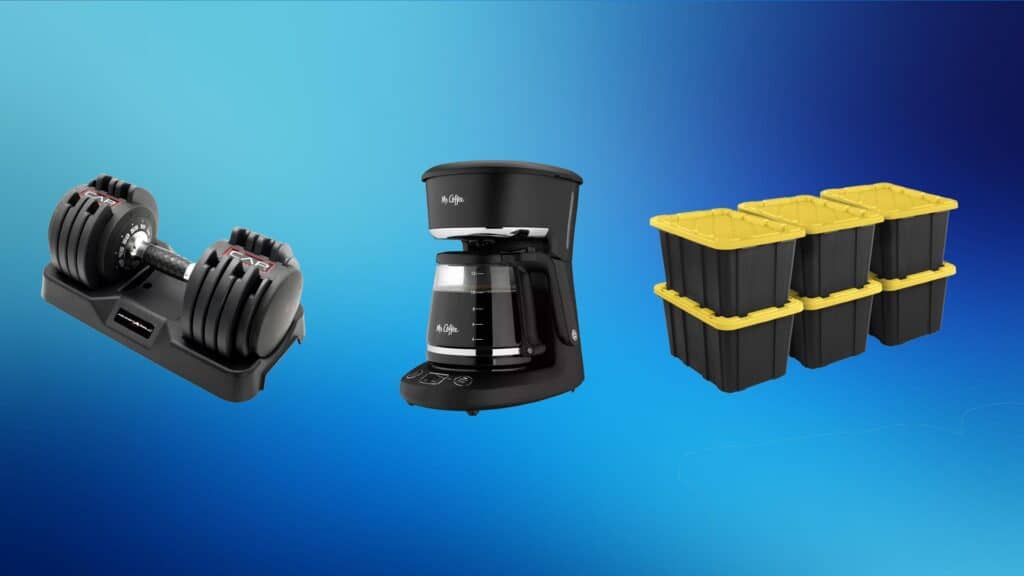Advertiser Disclosure: At Slickdeals, we work hard to find the best deals. Some products in our articles are from partners who may provide us with compensation, but this doesn’t change our opinions. Our editors strive to ensure that the information in this article is accurate as of the date published, but please keep in mind that offers can change. We encourage you to verify all terms and conditions of any product before you apply.
Reading Time: 2 minutesThe 2021 American Rescue Plan is changing up how digital platforms such as PayPal and Venmo communicate earnings to the IRS in 2022. As of January 1st, these third-party payment services will now report all annual transactions totaling more than $600.
Thankfully, you won’t have to worry about it when filing your 2021 taxes. Any earnings from last year still follow the old rule (that is, your report would only be sent to the IRS when making hundreds of annual sales that reached more than $20,000 in earnings). You’ll want to keep a close eye on your account this year, however, as the IRS will be receiving reports of all digital transactions that total more than $600 in annual earnings.
The change in reporting to the IRS is a bit confusing. The waters are all the murkier due to some inaccurate rumors swirling around the web. Here are a few key bits of info about the 2021 American Rescue Plan and how it will change tax reporting:
- Personal transactions (such as holiday and birthday gifts) made through these digital payment apps are still not considered taxable.
- Personal item sales that resulted in a net loss are not taxable. So, if you buy a TV for $1,000 and turn around and sell it for $500, you won’t be forced to pay taxes on the sale (of course, you might need to provide documentation for both transactions).
- Applications such as CashApp, PayPal, and others could request information from you for your tax returns. You should also receive a 1099-K from each platform of which you made more than $600.
It might sound a bit scary knowing your third-party transactions are being reported. There’s actually been no real change to how you pay your taxes. If you’ve been freelancing over the past few years and earning income through PayPal, you should have been paying taxes all along. And if you’re just barely over the $600 threshold, taxes due on your earnings should be minimal.
The main takeaway from the new legislation is that you’ll need to provide digital payment platforms with personal information. This is so they can properly report your taxes to the IRS. Be sure to do this as soon as possible to prevent a delay. Although you’ve probably already seen multiple emails from your app of choice reminding you to take action. You don’t want to keep the IRS waiting.

